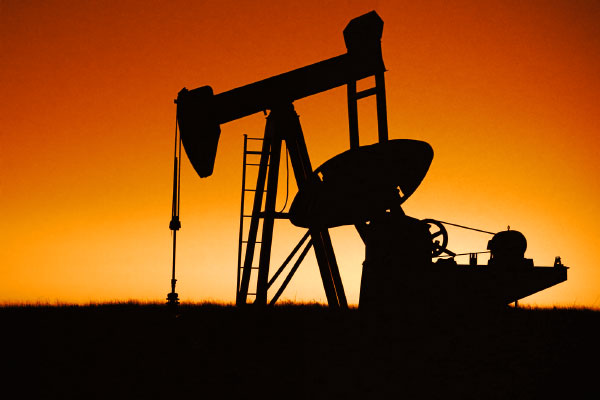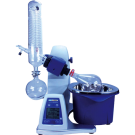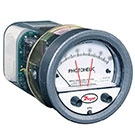Supplying Nation's Energy, Sustaining Daily Lives

Oil and natural gas touch our lives in incalculable ways every day. Combined, they supply more than 60% of the nation’s energy. They fuel our cars, heat our homes, and cook our food. But did you know that oil and natural gas also help generate the electricity that powers our daily lives? Or that crude oil supplies the building blocks for everything from dent-resistant car fenders to soft drink bottles to camping equipment?
The oil and gas industry developed over the last 200 years to meet an ever-increasing need for fuel. Numerous companies in the oil and gas industry discover reserves of resources in the ground or at sea; build, operate, and maintain the wells or rigs that extract these resources; refine them for use; and then distribute or sell them to retailers, utility companies, or end users. According to the Institute for Energy Research, in 2013 in the United States, about 70% of the petroleum consumed was used for transportation, including airplane, automobile, bus, ship, and truck fuel. Industrial uses accounted for about 24%. Household and commercial use accounted for about 5%, largely for heating. About 1% was used in the production of electrical power.
At the same time, oil and natural gas companies have looked to previously unexplored regions and locations of oil and gas reserves. As a result, the oil industry in recent years began a more aggressive offshore drilling program and was able to locate and extract large reserves of oil. Also, scientists developed a method for extracting oil and gas from rock formations. Called fracturing, or fracking, this method injects water and a small percentage of chemicals under very high pressure into the rock formations. The pressure of the water and chemicals creates fissures in the rock, allowing the oil or gas to escape.
Today, in the oil and natural gas industry work many professionals: scientists, engineers, project managers, construction workers, rig and well operators, tanker truck drivers, as well as supervisors, managers, pipe welders, safety engineers, environmental engineers, the list goes on.


























